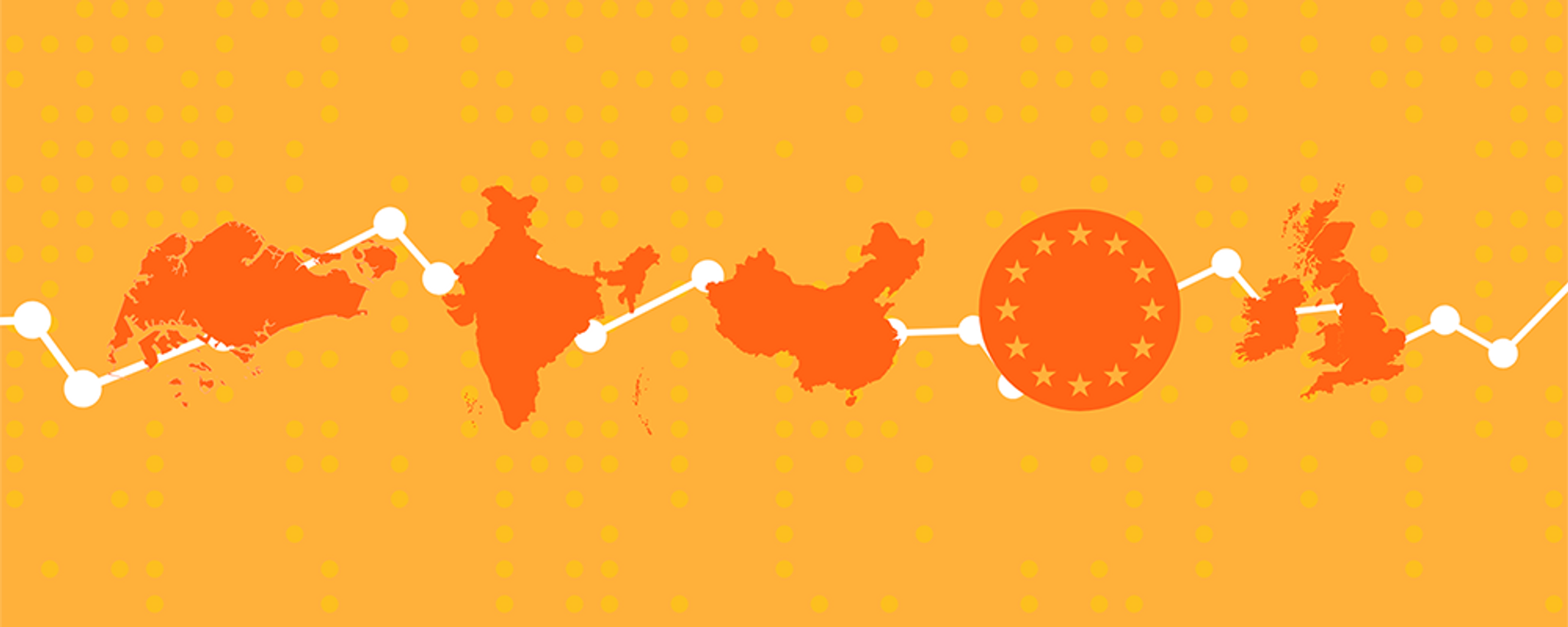Global
Navigate forward to interact with the calendar and select a date. Press the question mark key to get the keyboard shortcuts for changing dates.
Navigate backward to interact with the calendar and select a date. Press the question mark key to get the keyboard shortcuts for changing dates.
Featured
More Publications and Events
November 21, 2024|Blogs
US Connectivity Investments Dwarf the Rest of the OECD
Private ISPs have invested the equivalent of 2 BEAD programs every year since the BEAD statute was enacted.
November 15, 2024|Events
2024 Global Trade and Innovation Policy Alliance Summit
This event will feature keynotes and panels with speakers from GTIPA member organizations; experts on trade, globalization, innovation, and IP policy issues; and leaders from India’s business, academic, and policymaking communities.
November 14, 2024|Reports & Briefings
GTIPA Perspectives: The Vital Importance of Digital Inclusivity for Global Economic Growth
Information and communications technology (ICT) is driving global economic growth and economic opportunity. Many countries are taking effective steps to deploy digital infrastructure, enhance citizens’ digital skills and literacy, empower women and disabled citizens to leverage digital tools, and helping small- and medium-sized enterprises take advantage of digital technologies.
September 23, 2024|Blogs
We Need an Allied Effort to Establish New Global Manufacturing Hubs to Compete With China
China accounted for 35 percent of global manufacturing as of 2023. The United States and Western allies should launch a global competition to establish competing manufacturing hubs in countries that commit to reforming restrictive regulations, reducing corruption, boosting skill development, and ensuring adequate financial incentives and infrastructure.
August 28, 2024|Blogs
Alzheimer’s Disease Next Game Changer: TauRx Pharmaceutical’s Novel Tau Aggregation Inhibitor
TauRx is revolutionizing Alzheimer's treatment with a novel drug that targets toxic brain proteins, offering fresh hope in the fight against this devastating disease.
August 16, 2024|Blogs
Innovative Cure For All: How CurASeal’s Plant-Based Technology Advances Bleeding Control and Wound Healing
InCurA is revolutionizing MENA's medical landscape with AI-optimized, locally produced hemostatic solutions like CurASeal, bridging the gap between innovation and accessibility while reducing reliance on global imports.
August 12, 2024|Blogs
Fact of the Week: Global R&D Investment by Biopharmaceutical Companies Was $276 Billion in 2021
A recent article found that all previous reports of the biopharmaceutical industry have grossly underestimated total research and development expenditures.
June 10, 2024|Reports & Briefings
How Generative AI Is Changing the Global South’s IT Services Sector
Given the potential for countries to reshore and automate previously outsourced IT occupations, the Global South’s IT services appear vulnerable to the displacing effects of AI. Yet, existing policy responses may be insufficient to address that challenge.
May 29, 2024|Blogs
State Department Risks Overlooking Potential of AI For Human Rights
President Biden’s 2023 executive order on artificial intelligence (AI) directed the State Department to work with other agencies and stakeholders to develop guidance for identifying and managing human rights risks associated with AI. As the State Department prepares this guidance, it should emphasize that in many cases, the risk of inaction—the missed opportunities to use AI to improve human rights—presents the most significant threat, and it should prioritize deploying AI to support and enhance human rights.
May 6, 2024|Blogs
Public Knowledge vs. Progress: The Debate on Website Blocking in the United States and Elsewhere
Congress and other stakeholders would do well to ignore SOPA as a relic of the past and instead focus on those stakeholders who want to engage on the substantial and growing body of evidence from around the world.




